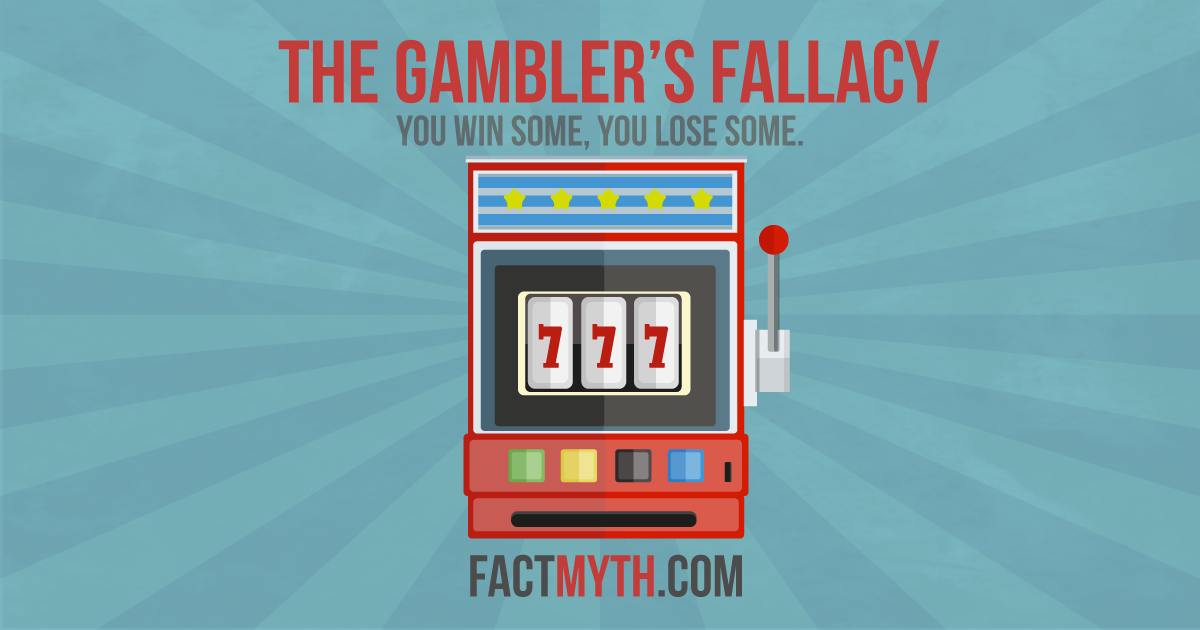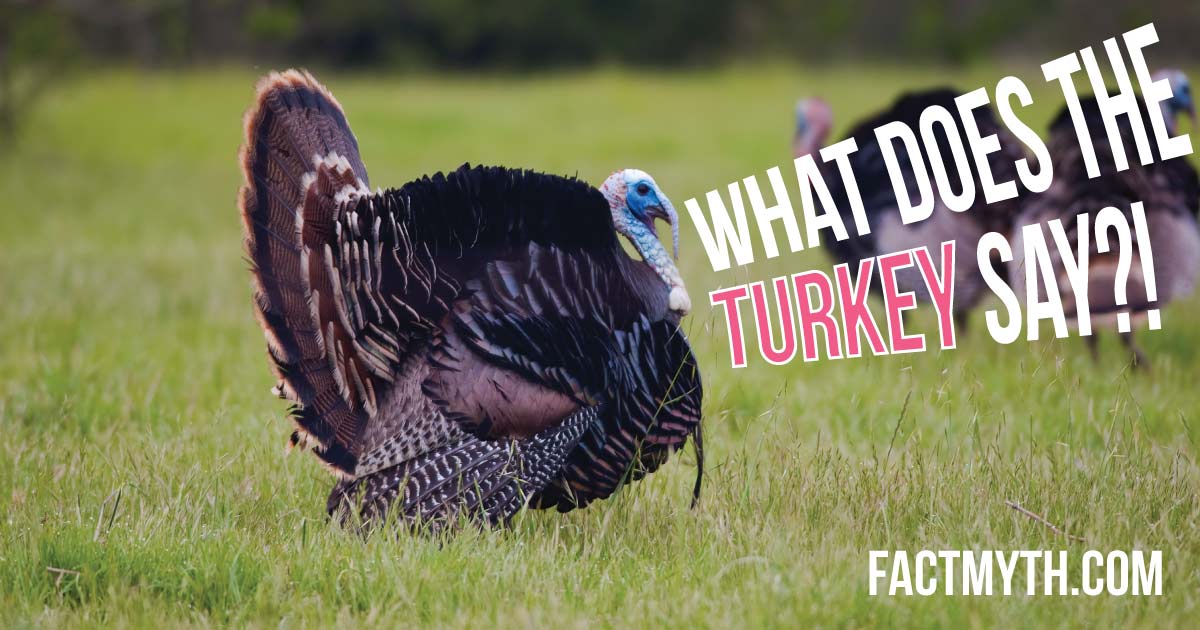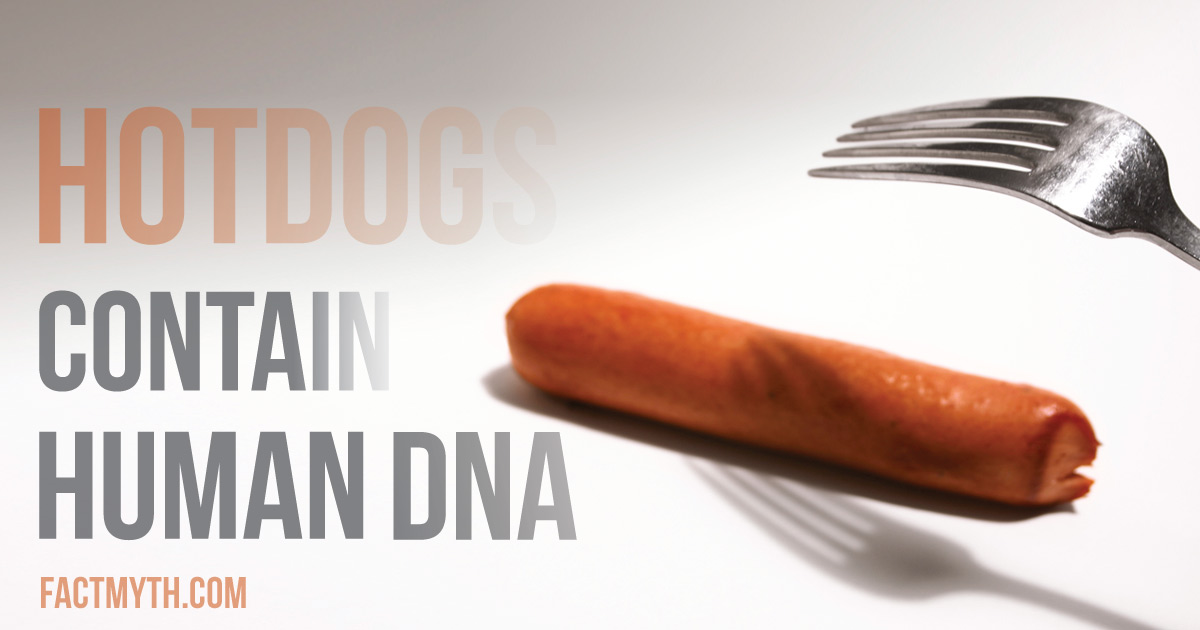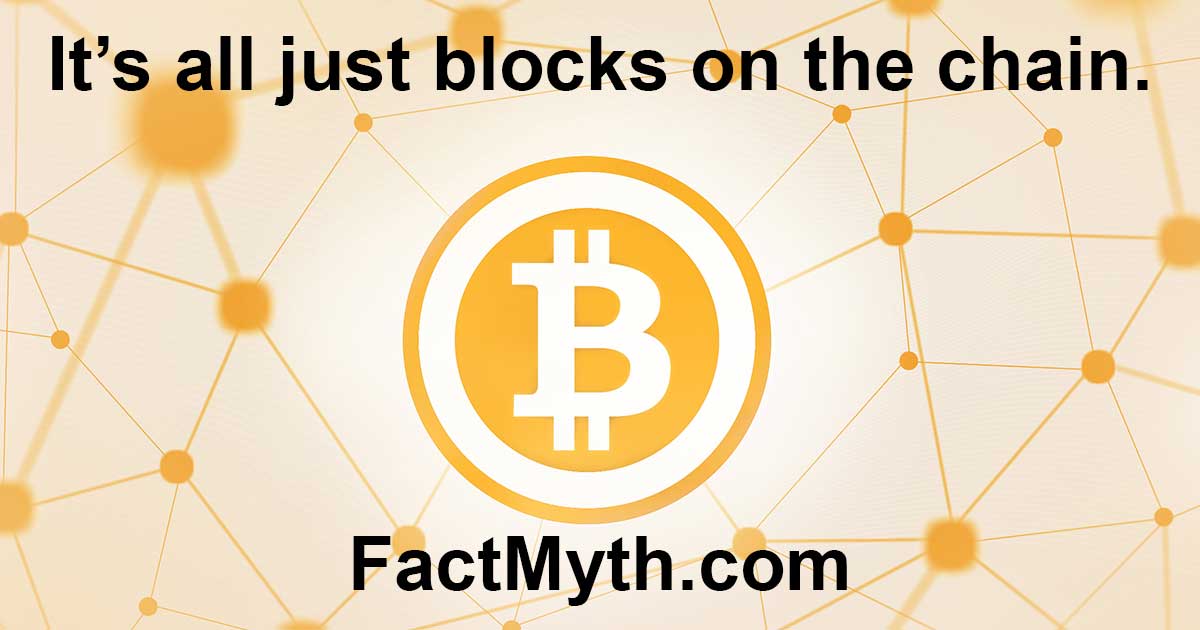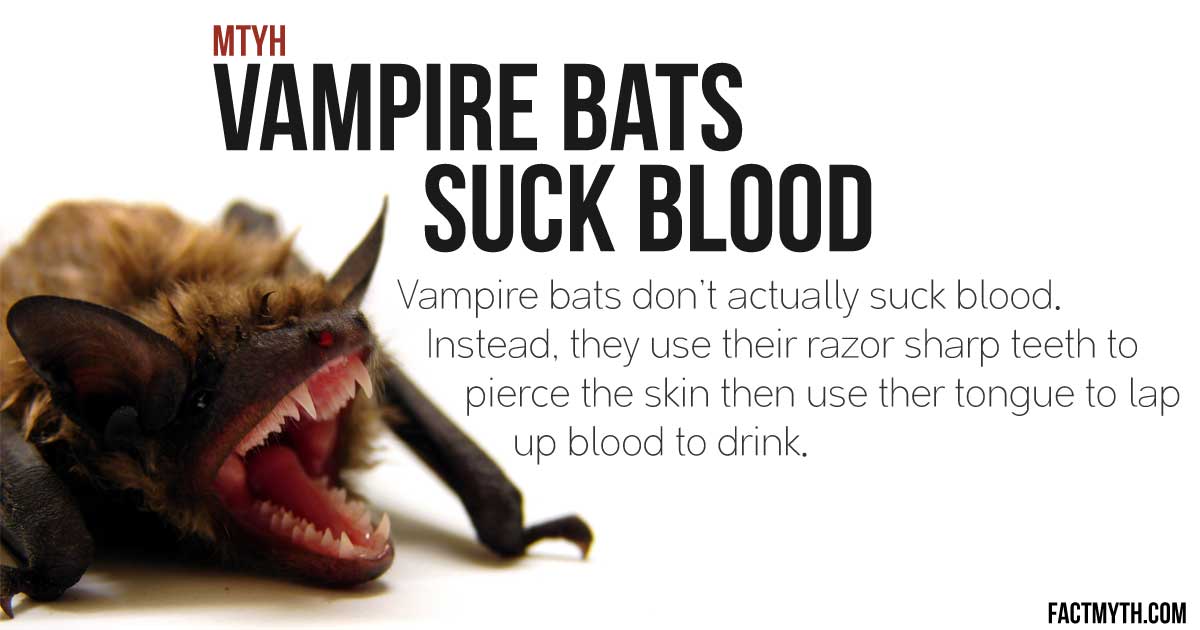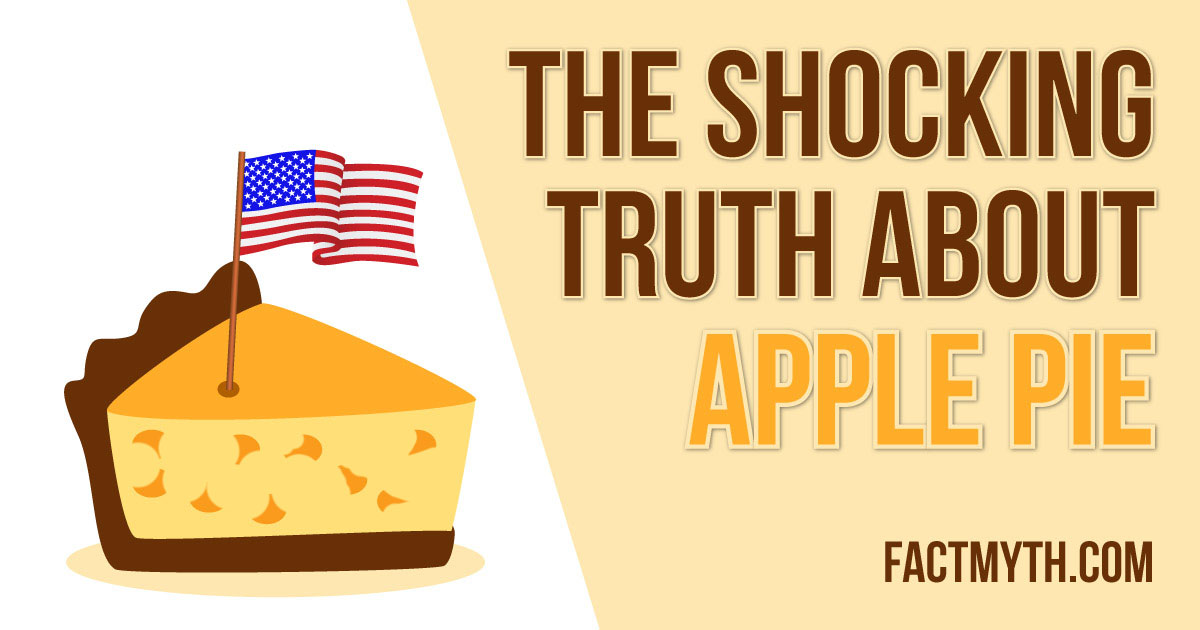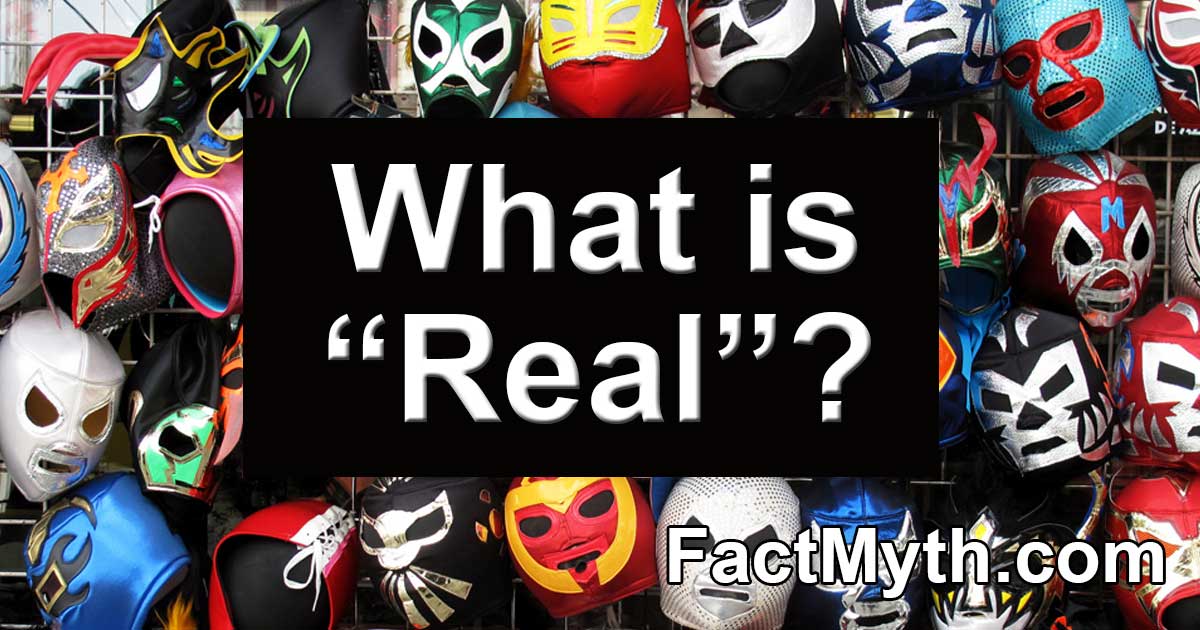Myths
For our purposes: Myths are commonly held beliefs or ideas that are false. For a claim to be considered a myth one or more parts of it must be proved false. Other definitions of myth, such as those pertaining to the not false-but-allegorical stories we tell to explain things, are discussed on our “what is a myth?” page.
Below is a collection of all factoids rated “myth” (as in “not true or not fully true”) by our authors. If you disagree or have more evidence to support a claim consider commenting. See our list of facts here.

